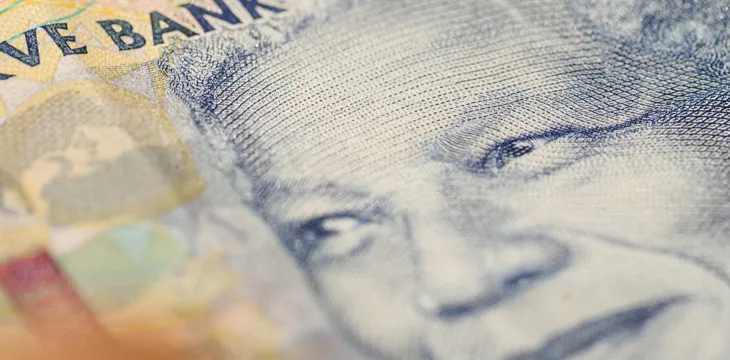|
Getting your Trinity Audio player ready...
|
The cryptocurrency bug is quickly spreading across Africa, as the popularity and adoption of virtual currencies and blockchain-based startups and hubs continue to rise in the continent.
Blockstarters officially in South Africa
Blockchain hub and accelerator Blockstarters has commenced its operations in South Africa’ biggest city, Johannesburg. The hub has a workspace and offers support to crypto and blockchain startups from all parts of Africa.
Blockstarters first came to the spotlight when Disrupt Africa did an article featuring Blockstarters’ partnership with one of Africa’s biggest cryptocurrency exchange, Golix, to start its operation in South Africa. Blockstarters claimed to be the first of its kind in Africa, bringing together high-caliber startups to interact and learn more on blockchain and cryptocurrencies.
The number of cryptocurrency hubs in South Africa are growing as more locals become more open to blockchain technology. Currently, South Africa ranks among the highest cryptocurrency markets in the continent.
Golis looking to expand into other African markets
Golix, a Zimbabwean cryptocurrency exchange, is expanding to other cryptocurrency markets in Africa. This comes after the Zimbabwean government made the decision to ban cryptocurrencies and other related trade in the country. According to local reports, the exchange is looking into the Kenyan, Uganda and South African markets.
Despite the crackdown by the Reserved Bank of Zimbabwe, Golix’s head of growth, Panashe Tapera said the move into other markets in Africa was part of a new growth strategy for the crypto exchange. Tapera told local news outlets that they plan to start the operations in these markets on June 1.
In addition to new markets, the exchange is planning to launch its coin, the GLX token. According to Golix’s lead of special projects, William Chui, the exchange is planning to conduct a token sale worth $32 million. Clients will be able to buy the GLX token using fiat currencies. The token can be used to buy cryptocurrencies on the Golix trading platform.
Before the ban in Harare, Golix enabled over 50,000 locals transact in cryptocurrencies like BTC. Golix had made transactions worth $20 million in the last three years.
Community currencies for Kenyans
Nonprofit organization Grassroots announced its plans to launch blockchain-based community currencies in Kenya. The group said it will be utilizing the Bancor protocol to facilitate the project, which targets the biggest slums in Kenya—Kawangware and Kibera.
The goal, according to Grassroots, is to help small businesses and residents in the area acquire digital tokens and gain access to the digital market. The group plans to give discounts to businesses willing to purchase the currencies and offer benefits to customers using the digital coins in their transactions. The community currencies will be pegged on the local currency, the Kenya Shilling. Transactions will be processed through open-source Bancor Protocol using other cryptocurrencies or major credit card networks.
According to the organization, creating the community currencies will make it easier for people in local communities in Kenya and other African countries launch their own crypto tokens.
This is not the only community currency the company has launched in Kenya. In 2010, Grassroots Economics launched a first community currency in Mombasa and Nairobi based on fiat currency. Currently, the organization runs their operations in six locations across the country. It is also looking to expand to Congo.

 07-05-2025
07-05-2025 





